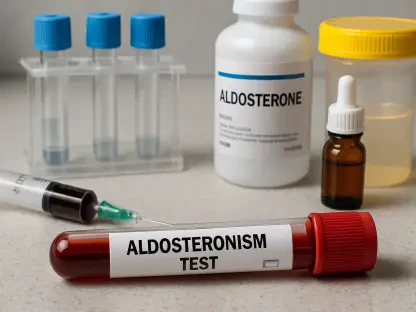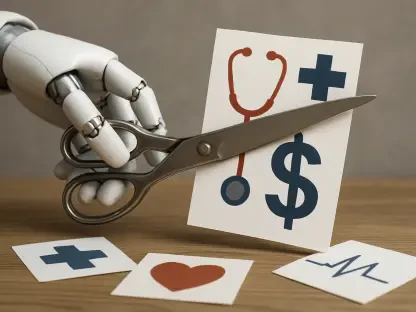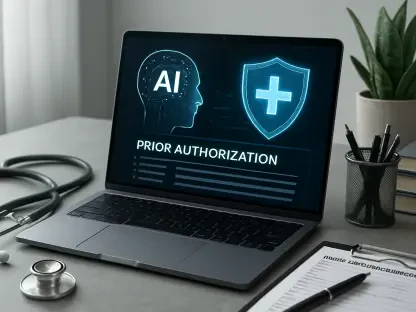The integration of artificial intelligence (AI) in the healthcare industry is set to undergo transformative changes by 2025, driven by both technological advancements and evolving regulatory frameworks. The FDA has already approved over 1,000 AI-powered medical devices and software, but none of these currently possess the capability to update their programming in real-time. This landscape may soon shift dramatically with the advent of generative AI, enabling software that can enhance its performance through real-world feedback.
Moving Beyond Initial Hype
One of the key themes in this new era will be moving beyond the initial excitement surrounding AI to ensure the safety of patients and the establishment of effective security and compliance guardrails. The FDA has taken a proactive stance by issuing final guidance on predetermined change control plans (PCCPs). These guidelines advise AI developers to outline future software updates without necessitating recurring regulatory reviews. PCCPs should encompass protocols for modifications, impact assessments, limits on update frequency, and strategies to mitigate bias, ensuring AI’s safe and effective use in healthcare.
Shifts in Government Approach
The reelection of Donald Trump and the appointment of tech investor David Sacks as the White House’s first “AI and Crypto czar” signal a potential shift in the government’s approach to AI regulation. By involving experts outside traditional regulatory frameworks, the administration aims to address the complexities of AI more effectively. This move underscores a broader trend toward integrating specialized knowledge into regulatory processes to keep pace with rapidly advancing technologies.
Regulatory Evolution
Regulatory changes are on the horizon, driven by the need to update outdated definitions that no longer align with current technological realities. Troy Tazbaz of the FDA’s Digital Center of Excellence emphasized the necessity for regulatory evolution, pointing out that existing laws date back to 1976. Brigham Hyde, CEO of Atropos Health, echoed this sentiment, noting that regulatory advancements are overdue and predicting significant changes within the next 18 months. Such updates are critical to ensuring that AI technology is both safe and effective, meeting the needs of modern healthcare systems.
AI Task Force Recommendations
The House’s bipartisan AI Task Force has released a detailed report on responsible AI advancements in healthcare. Their recommendations focus on ensuring that AI applications are transparent, safe, and effective. The report also highlights the need to study liability issues related to AI and calls for proper reimbursement for AI tools that facilitate the work of clinicians. These recommendations aim to create a balanced approach that fosters innovation while protecting patients and healthcare providers.
Conclusion: Preparing for the Future
The healthcare industry is poised for significant transformation by 2025 due to the integration of artificial intelligence (AI). This shift is expected to happen largely because of ongoing technological advancements and changing regulatory measures. Currently, the FDA has approved more than 1,000 AI-driven medical devices and software applications. However, it’s important to note that none of these devices or software can update their programming in real-time yet. This scenario is likely to change with the development of generative AI. Generative AI has the potential to enable software that can improve its performance based on real-world feedback, a significant milestone in the field. Additionally, the expanding capabilities of AI are not just limited to performance improvements; they also hold promise for enhancing diagnostic accuracy, personalized treatment plans, and patient outcomes. As AI continues to evolve and regulatory frameworks adapt, the healthcare landscape will undoubtedly be revolutionized, offering new opportunities and challenges for practitioners and patients alike.









